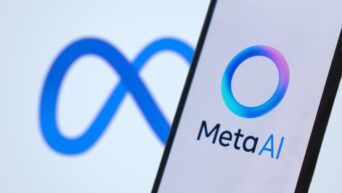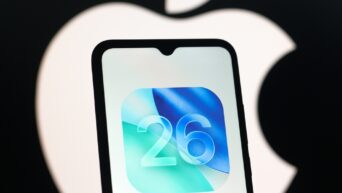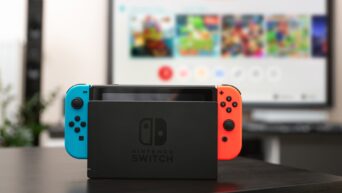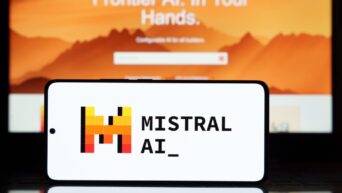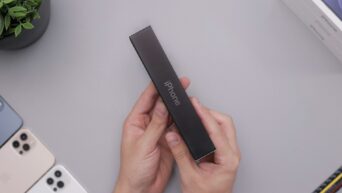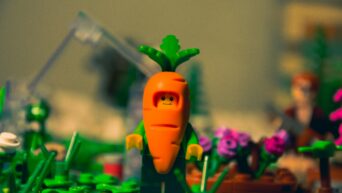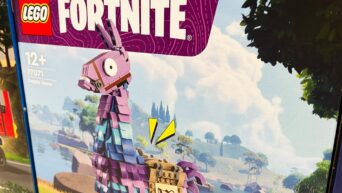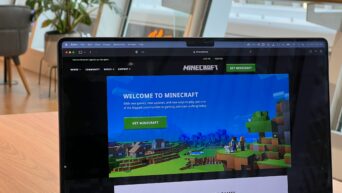Children around the world will read this headline and jump for joy!
How is it possible that vegetables, one of the most important food groups that we should be consuming on a daily basis, could be considered toxic and sugary?
An article was posted in Scientific American, written by a marine biologist and retired English teacher. Needless to say, the article has taken a lot of flak for many of the false claims that came out of it.
The first sentence of the article basically states that all food is poison. To be more exact, the article talked about how food is a substance and “poison is a substance that promotes illness, then much of what is produced by industrial agriculture is, quite literally, not food but poison.” So, basically, we are eating poison on a daily basis. And, well, if that was true, we would all be in just a wee bit of trouble!
The article later went on to praise the effectiveness of multivitamins. This, once again, has no merit. People who eat a healthy and balanced diet do not need any dietary substances, which are typically poorly regulated.
Another fallacy in the article stated, “Increased atmospheric CO2 is accelerating photosynthesis; plants grow faster but contain fewer nutrients, which is expected to lead to worldwide nutrient deficiencies.” So, we can suspect that all food will become too diluted? Diets change over time, so adjustments will be made as deficiencies become apparent.
And, lastly, vegetables are not like sugary snacks. Even if the nutritional value of vegetables is lost, we need them as a source of fiber. We are constantly undernourished when it comes to fiber because of the lack of fruits and vegetables in our daily diets.
This is why you shouldn’t always believe everything that you read. Many articles are written with controversial headlines to attract attention, but don’t have the substance to support their claims. So, don’t you dare put down those vegetables, ’cause we need them to live a healthy life!





